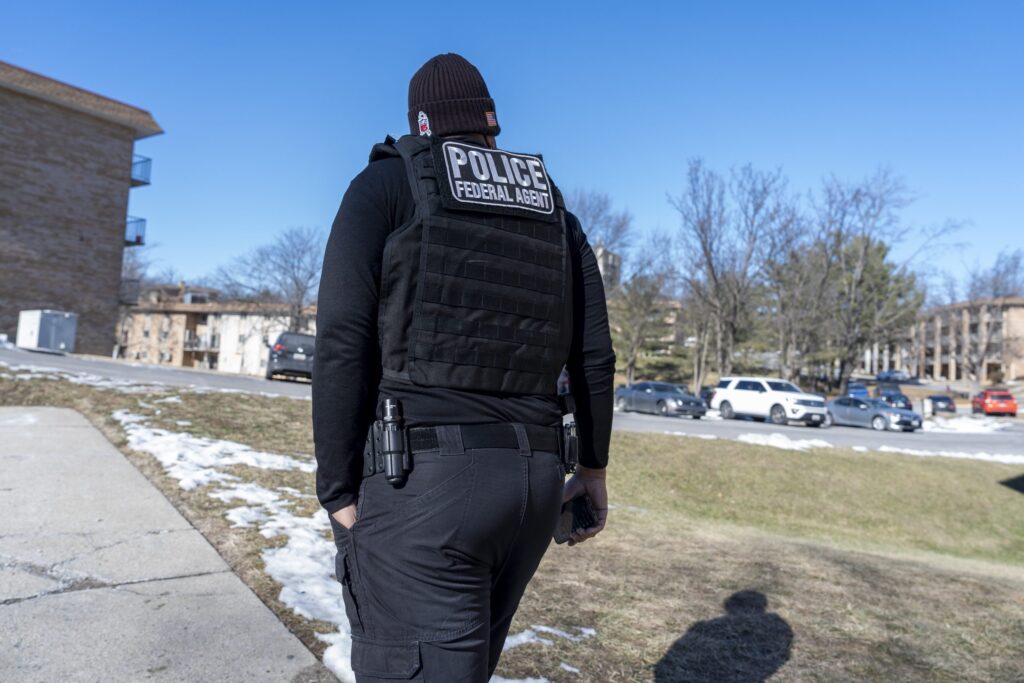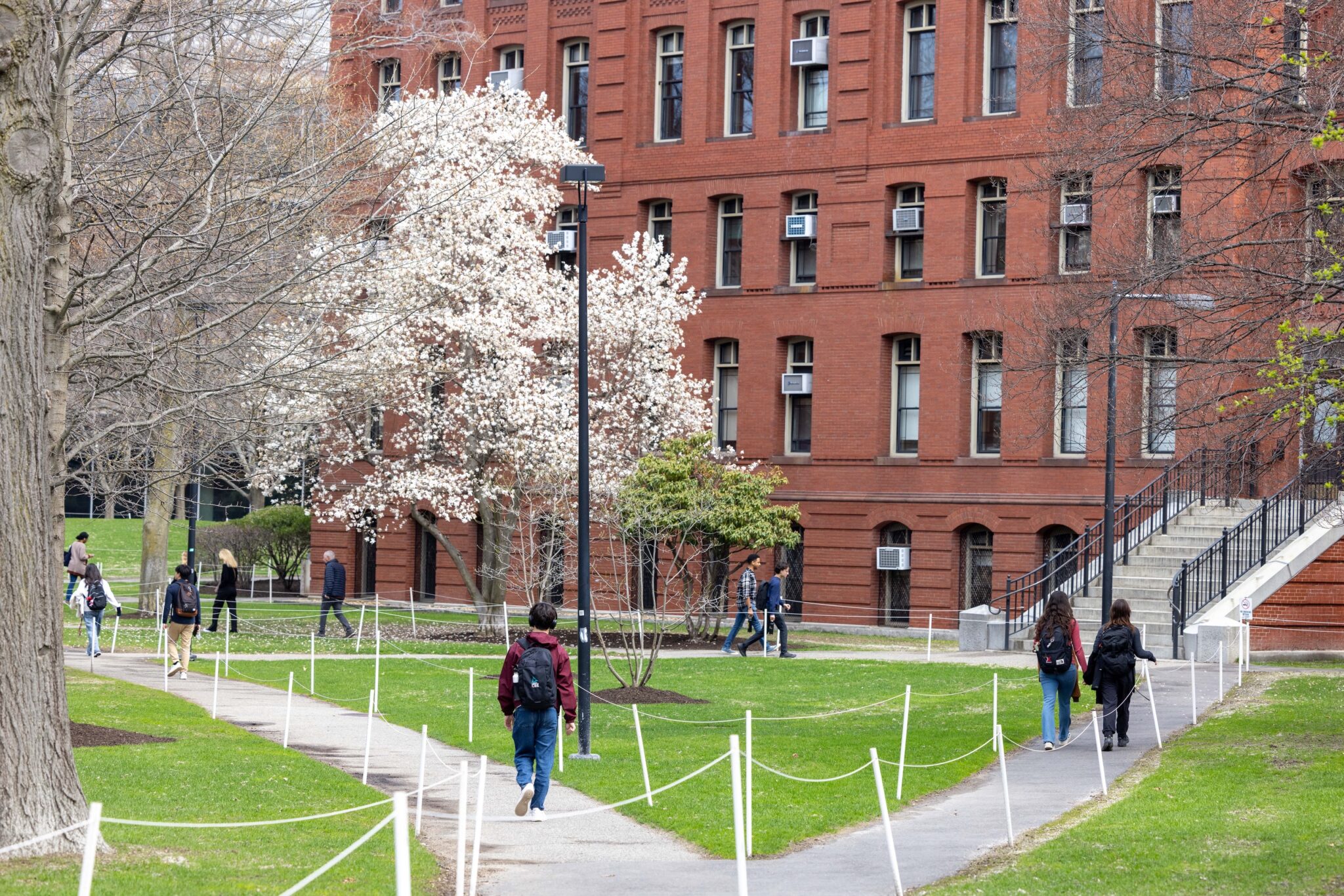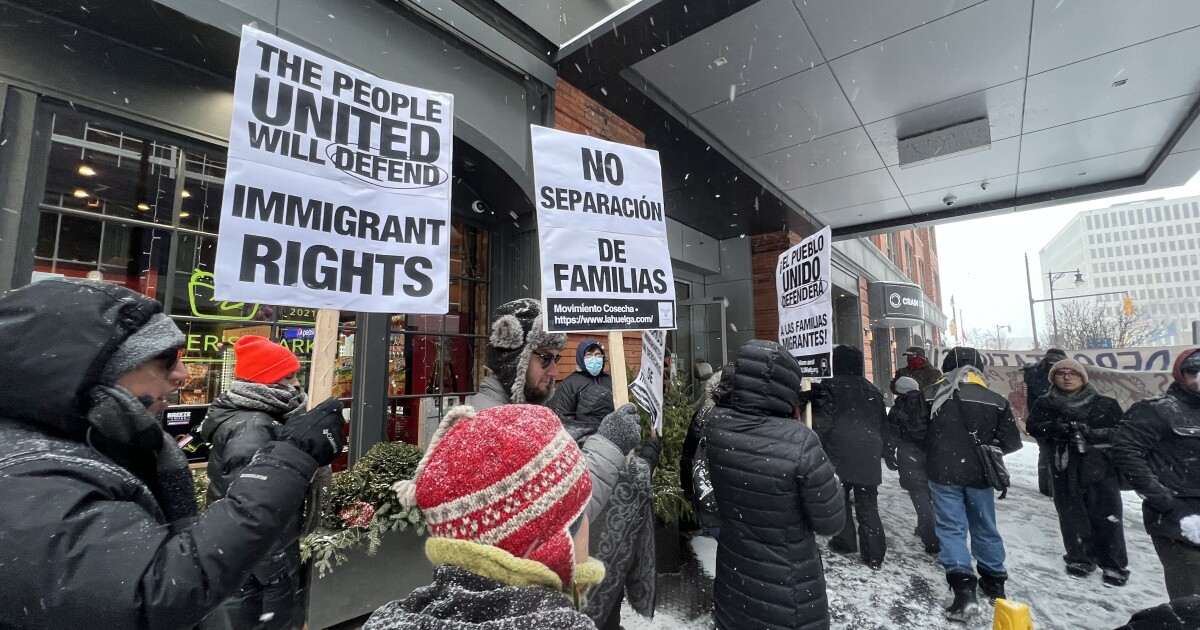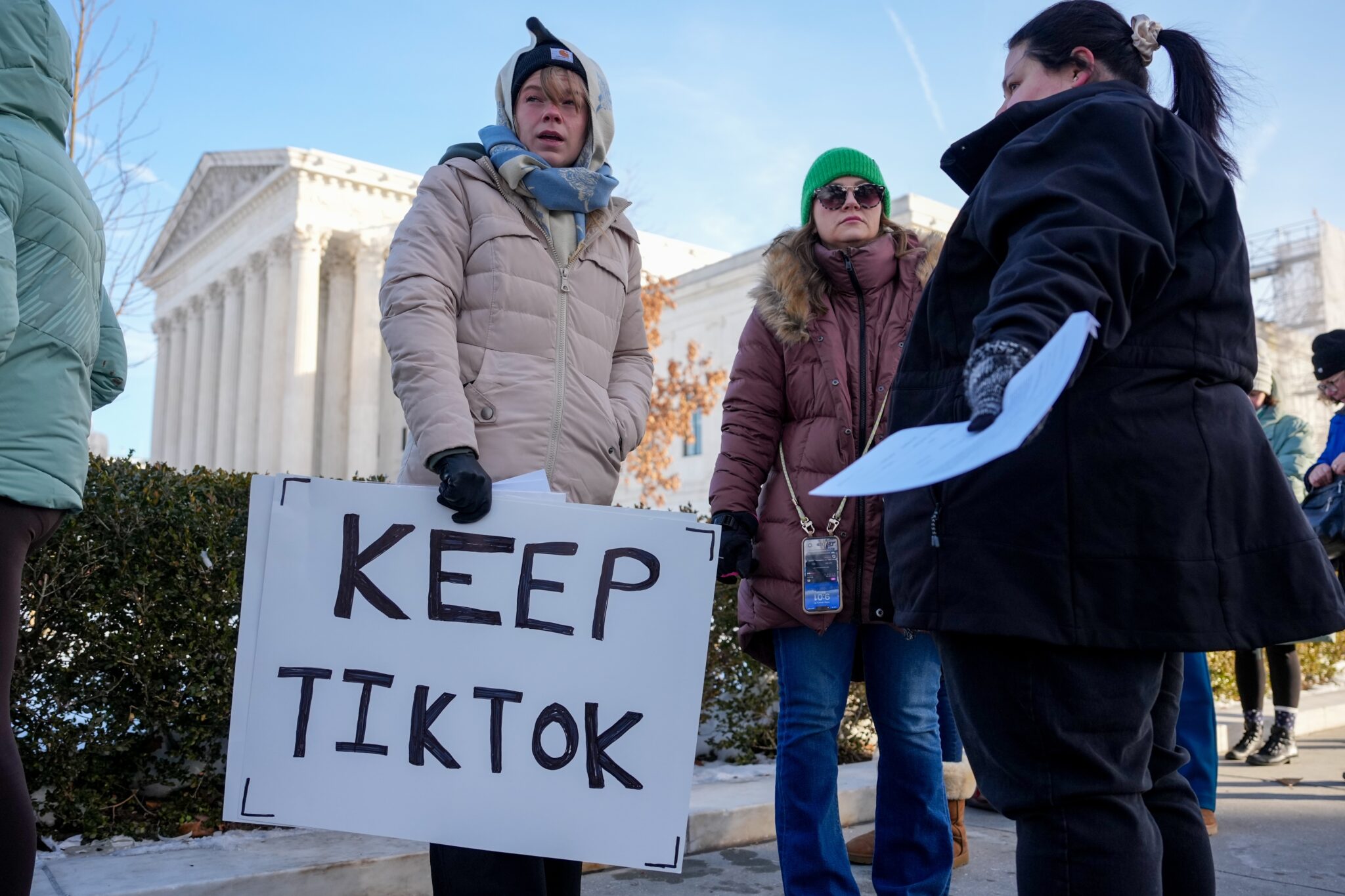Nine days post-President Donald Trump’s executive orders on illegal immigration, Damaris Alvarado-Rodriguez shuttered a classroom at her Philadelphia child care center.
Despite holding green cards, her teachers were too scared to report to work. Trump administration’s focus on sanctuary cities like Philadelphia has seen increased immigration enforcement. Alvarado-Rodriguez’s centers are in neighborhoods frequently visited by immigration agents.

“I’m really afraid of how this is going to impact our children, families and our staff,” she said.
In Albuquerque, Maggie, a former lawyer from Mexico, has also felt the impact. Five out of 12 children in her care stopped attending. Parents are opting to leave their young children with older siblings or grandparents, trying to stay out of sight from law enforcement. Nationwide, 1 in 4 children under 6 has at least one foreign-born parent, according to The Center for Law and Social Policy. Of these children, 96 percent are American citizens.
“The parents said, ‘We’re just going to wait for things to calm down,’” Maggie said.
In America, 1 in 5 child care workers is an immigrant. In cities like New York, immigrants represent more than 40 percent of the workforce, while in Los Angeles, it’s nearly 50 percent.
“In the care economy, immigrants are a backbone of this work,” said Erica Phillips, executive director of the National Association for Family Child Care. These early educators are “dedicating themselves to providing one of the most essential and impactful services to young children across the nation.”
Trump’s executive orders threaten that backbone, experts say. The orders expand deportation rules for certain immigrants, require some non-citizens to register and submit fingerprints, and restrict work permits.
Related: Young children have unique needs and providing the right care can be a challenge. Our free early childhood education newsletter tracks the issues.
The situation seems worse than in years past, child care providers say. The administration has set daily quotas for immigrant arrests, exceeding averages during the Biden administration. Many arrested lack criminal records. Trump is also pushing to end birthright citizenship, which would revoke the legal status of millions.
America can ill afford to lose child care staff. Many programs already face high turnover, which destabilizes children’s care. Turnover rates in the child care industry are 65 percent higher than the median in other industries. Low wages — averaging $13.07 an hour — hinder recruitment. Caregivers often lack benefits and can earn more in fast food or retail roles. The pandemic hit the workforce hard, with recovery slow.
“We’re already starting from a place where there’s not enough child care, programs are struggling and the workforce is already experiencing incredible stress,” said Lea Austin, executive director of the Center for the Study of Child Care Employment at the University of California, Berkeley. “We can only expect that this is going to further devastate the entire early care and education ecosystem.”

The country has long turned to immigrants for caregiving jobs, including in child care and other hard-to-staff work, such as elder care. Immigrants are especially likely to serve as “friend, family and neighbor” caregivers, taking on the informal and flexible care arrangements that are most popular with parents.
By filling these caregiving roles, immigrants enable other parents to work. An estimated 142,000 undocumented immigrants work as nannies and personal care or home health aides nationwide, creating “a ripple effect of productivity throughout the economy,” according to research by the Center for American Progress. In New York City, the majority of the city’s 14,000 nannies are immigrants.
Related: Grandparents, neighbors and friends are propping up the child care industry. They need help
In northern California, Adriana, 27, recently emigrated from Mexico and wants to work but first needs child care for her 3-month-old. Concerned about separation from her baby by immigration, she is hesitant. “I am scared, especially because it sounds like they’ll be able to come into my place of work,” she said through an interpreter.
U.S. Immigration and Customs Enforcement did not respond to multiple requests for comment. One of Trump’s executive orders, signed shortly after he took office, undid restrictions that kept ICE from raiding schools and child care programs.
Immigration policy can have a chilling effect on communities, causing immigrants to shy away from jobs that could increase their visibility to law enforcement agencies, said Chris Herbst, an associate professor at Arizona State University who studied the policy’s impact on child care between 2008 and 2014. Because America’s child care system is so reliant on the work of immigrants, “the impacts are instantaneous,” he added.

In Albuquerque, Ana directs a child care program serving 50 families, most of whom are American citizens. Fearing deportation, three of her 14 staffers have stopped coming to work. Ana and her husband have gathered belongings in readiness and plan to notarize a custody document for their children. “We hope that [immigration officials] go out after criminals and not try to follow or go after people who are good, working people,” she said.
Related: Parents on the hunt for child care say it feels like ‘The Hunger Games’
Elida Cruz runs a child care program in central California for children of migrant workers. She and her husband deliver groceries and transport children to minimize parents’ time away from home. They have developed a code word for safety with one family.
Cruz educates immigrant families about their rights using resources and “red cards” for encounters with immigration officers. She fears losing clients if families leave. “Financially, it would be devastation of my business,” she said. “Our businesses are just gonna collapse, because we all depend on the field workers.”
Even young children in her care sense the uncertainty. “It’s heartbreaking to see the children’s little faces, full of scaredness,” she said. One child asked if immigration officials would come to her center.
Cruz told him the only thing she could think of, even though she knew it was a white lie.
“I was like, ‘You know why they’re not going to come in here? … Because they don’t even have our address, so they don’t know we’re here, mijo.’”
—
Read More Kitchen Table News









